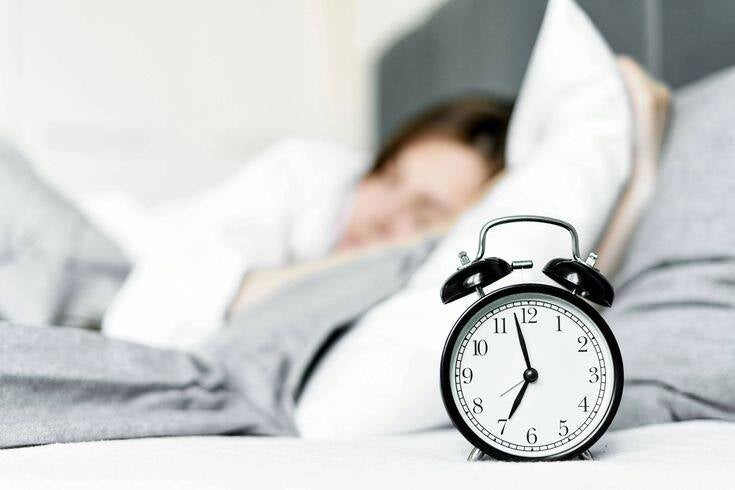
The Science of Sleep: How Many Hours Do You Really Need?
Sleep is the cornerstone of our overall well-being, yet in our fast-paced world, it's often the first thing we sacrifice. Understanding your personal sleep requirements isn't merely about adhering to a universal standard—it's about recognizing your body's unique needs and honoring them consistently. With increasing research highlighting the paramount importance of quality rest, it's time we delve into the nuances of sleep duration and how it impacts our daily functioning.
The Baseline: Recommended Sleep Duration by Age
Sleep requirements evolve throughout our lifespan, with distinctive patterns emerging at different developmental stages. While individual variations exist, scientific research has established general guidelines that serve as a valuable starting point.
Age Group Recommended Hours Newborns (0-3 months) 14-17 hours Infants (4-11 months) 12-15 hours Toddlers (1-2 years) 11-14 hours Preschoolers (3-5 years) 10-13 hours School-age children (6-13 years) 9-11 hours Teenagers (14-17 years) 8-10 hours Adults (18-64 years) 7-9 hours Older adults (65+ years) 7-8 hours
These recommendations from sleep experts provide a framework, but it's essential to recognize that your optimal sleep duration may fall outside these ranges based on your unique physiology and lifestyle factors.
The 8-Hour Myth: Is It Right For Everyone?
The ubiquitous advice to get "8 hours of sleep" has become deeply ingrained in our collective consciousness. However, this one-size-fits-all approach oversimplifies the complex nature of sleep needs. While 8 hours approximates the median requirement for adults, individual variances are significant and legitimate.
Understanding Sleep Quality vs. Quantity
The fixation on sleep duration often obscures the equally crucial aspect of sleep quality. Six hours of uninterrupted, deep sleep can prove more restorative than nine hours of fragmented slumber. Quality encompasses factors like sleep continuity, appropriate cycling through sleep stages, and minimal awakenings.
High-quality sleep manifests through several indicators:
Falling asleep within 30 minutes of lying down
Sleeping through the night with minimal disruptions
Waking feeling refreshed rather than groggy
Maintaining alertness throughout the day
Experiencing consistent dreaming (indicating healthy REM cycles)
Premium sleep products, like those crafted by Azure, can significantly enhance sleep quality by addressing common disruptors such as uncomfortable sleeping surfaces, improper temperature regulation, and environmental disturbances.




Add comment
Comments